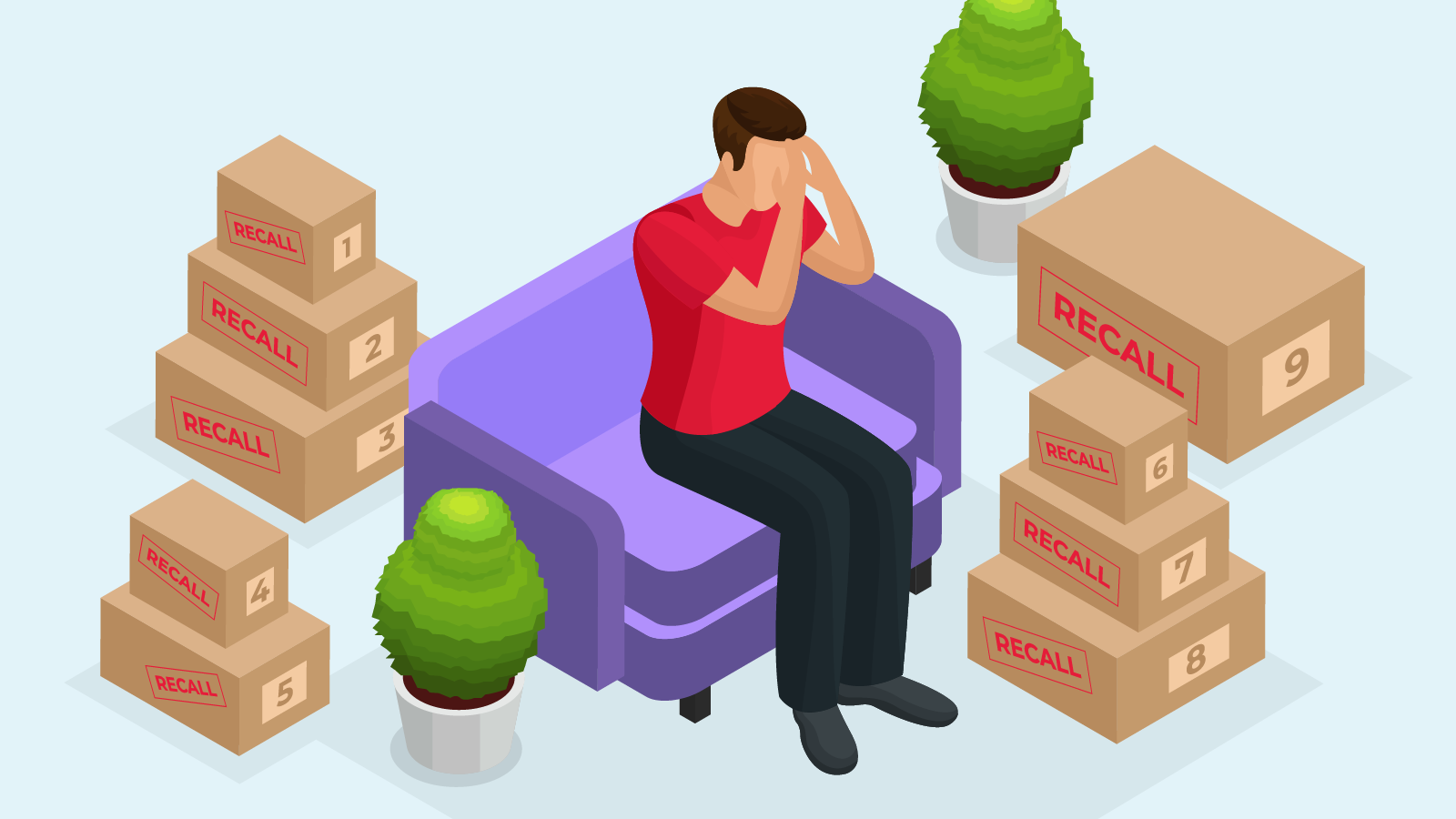A protein bar company* has been producing various flavours of its signature baked bars over the last five years. With market demand ever increasing and a strong social media presence, its annual revenue sits around $25m, with a further 50% growth forecasted for the next 12 months.
While the protein bar products carry their own design, the company utilises multiple facilities of its co-manufacturing partner to manufacture its products. The
size of the co-manufacturer’s operation, as well as its expertise in this sector has allowed the protein bar company to achieve ambitious growth targets. The company's main selling point is that their bars are nut-free, and a deciding factor when finalising the co-manufacturer was its nut-free facilities.
The protein bar company was notified by its co-manufacturer that the protein powder it had sourced from an external supplier was found to have traces of peanut due to a manufacturing error five days of production have been affected. The government were immediately notified, and an urgent recall notice was issued as all six product lines of the company’s baked bars utilised this common ingredient. The news also spread quickly due to the company’s strong social media presence.
The fallout from this event was catastrophic for protein bar company. With most of the company’s sales currently direct to consumer, the first public notification on the company website and social media channels incited overwhelmingly negative comments from customers. Comments on social media even spiralled out of
control as influencers used their platforms to express their anger and disappointment.
The situation worsened when the protein bar company re-entered into contract renewal talks with the retailers they currently trade with, as well as potential new contracts. One of the reasons the company was forecasting such a strong growth was that it had entered into initial discussions with major retailers to sell their products in store, all of which have been positive. Unfortunately, the final stage talks began to fall apart as the news of the recall incident continued to spread.
Coupled with the company's declining sales, the company began to feel the pinch. Ultimately, none of the new contracts were signed as retailers did not want to take the risk, and $12.5m of forecasted growth disappeared while the company was still keeping stock.
In addition to the lost sales, around $500k worth of product was affected, with $200k unconsumed and requiring recalling and returning from the customer, as well as remaking and replacing. $50k in staff overtime costs were incurred in facilitating the product withdrawal, and a further $750k was spent on a mix of crisis communication and brand rehabilitation in response to the social media fallout. Altogether the product recall event cost the company a hefty $14m.
The protein bar company made the decision to utilise ingredients that the co-manufacturer sources, as it has greater buying power and strong relationships with its
suppliers. However, this also meant that they had no oversight or control over the supply chain as it placed its trust in the co-manufacturer. Given the circumstances, the protein bar company sought full recourse for the costs incurred.
While the contract provided full cover for the recall costs and product rectification, there was a limit of liability of $1m for the consequential losses as a result of the event. As such, $12.6m of loss continued to hurt the company’s bottom line. Luckily, the protein bar company had a contaminated product recall policy with CFC, which covers them for their loss of sales as a direct result of the product recall event, as well as brand rehabilitation costs to reestablish their sales.
Without this much needed protection, the company would have likely gone under, so the policy provided a much-needed safety net when disaster struck.
* The companies and circumstances in this case study are fictional, but the scenarios are realistic and reasonable based on our experience.




